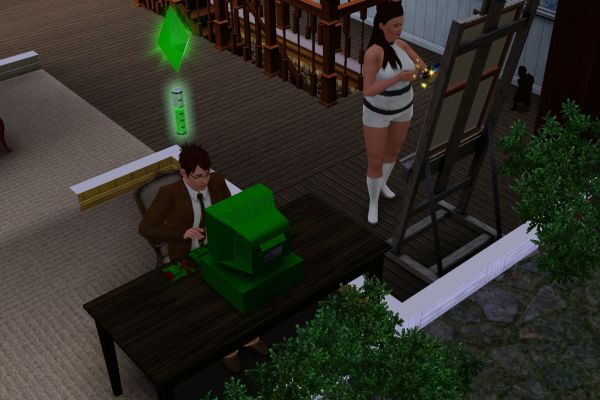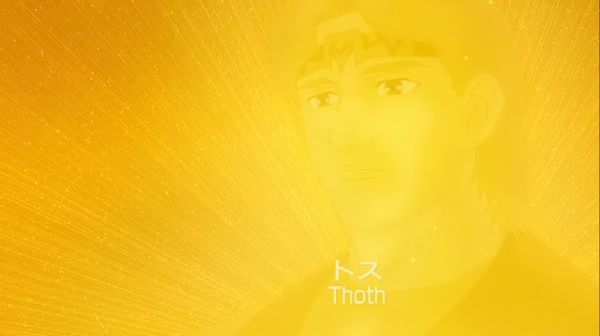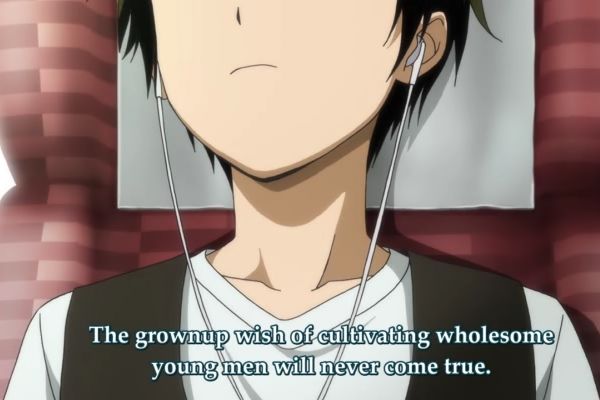All those shield symbols are basically “click me” signs. To move in more people, or get more imaginary money, you click on the corresponding sign, then wait. Or go do something useful, I suppose.
We interrupt everything to write about the game that has interrupted everything:Â City of Wonder on Google+. Not in any way related to the massive roleplaying game City of Heroes, this is a flash-based (I think it is flash) game played in a browser window. It is also very heavily inspired by Sid Meier’s Civilization series, except you can only play one city and eventually one colony.
CoW has existed for Facebook for a while, but I don’t play Facebook games. The security in FB is horribly bad, and the games – even when they are legit – write directly to your main output stream, cluttering up the Facebook experience for those who are your friend there for other reasons. (Except those who use the mobile Facebook app, at least Android does not show game messages. Luckily this is where most of my Facebook time is spent. Nearly all of it, actually.)
The Google+ version does not have that kind of privileges. Google has a separate gaming tab, which you need never open in your life if you are not that type. All messages written by games go in that one tab. Of course, the game will inspire the less spiritually developed players to write to their stream themselves. If they are not outright dumb, however, they can create a separate circle for their fellow gamers and restrict their game comments to that. I use that only for meta comments however, like explaining certain game features. Any projects or bonuses are automatically written to the game tab by the system, so I don’t write them elsewhere.
Social games is a way to share a tiny speck of symbolic love with people, so I consider it a good thing overall and will probably continue to use it. But it is also a very centrifugal activity – pulling the mind outward, out from its spiritual center of gravity – so I don’t think it will have any large place in my life as I continue my transition from shallow to less shallow.
***
Since I don’t have a lot of gamer friends these days, I went to the website of Playdom (who makes the game) and found a forum dedicated to their Google+ version. Â Here was a tread for people looking for more allies, so I added a couple dozen of these to my Google+ account and invited them into the game. I am not sure if there is an upper limit, but I am probably far from it if so. Even so, the last three or four people I invited don’t show up on my pending list. And there are some who are still pending, but I suppose they will check up on the game when they return to work on Monday morning! :p
Having many allies is not strictly necessary to play the game, but having a certain number of them is necessary to unlock some game features, like wonders of the world and expanding the boundaries of your city. You can pay cash instead though.
Helping your allies (or anyone else, actually) build their wonders will give you a reward of 500 silver, so this can be a healthy contribution to your economy in the early game. It costs nothing except a couple clicks, and hopefully makes the other people happy. You can only help this way 30 times a day, though.
Allies get the opportunity to build embassies in each other’s cities for free. You can visit an embassy each day for a small coin reward (it increases over time), and usually get the chance to click a dumb help scenario to earn a couple hundred more coins. (Like help an old lady across the street.) You can actually visit several times a day and do the help clicks, but the embassy needs 18 hours to recharge. If you stay online for a long time – like ten minutes or more – there is a chance that the game will offer you the opportunity to go to an allied capital for a guaranteed help-click.
Conflict with other cities is voluntary and comes in three flavors. You can attack with your military (actual battles not shown), trade or initiate cultural exchange. Cultural exchange will give you XP (experience points) if you win, or cost you a small amount of silver coins if you lose. XP is what makes your city level up and eventually unlock new discoveries, so it seems like the obvious choice. That was one of my early mistakes in the game.
You see, Â leveling up also determines the level of competitors you get to compete with. (Your allies are not among them, otherwise they are random.) If you are level 4, your competitors will be level 3, 4 or 5. Â If you level up rapidly, you simply don’t have the number of cultural buildings to win a contest reliably. Also, cultural buildings are not the only deciding factor in a contest. The total population also counts (as it also does in trade and battle), as does the number of allies. (Although the allies don’t seem to help much, strangely.)
As a winning strategy, it may be better to level up more slowly. Generally buildings or productions that require more clicking also give more XP, so it may be better to buy houses that you only click once or twice a day. This goes for markets as well: They give a bonus XP each time you click on them. If you want to level up fast, you should choose production that is finished in 5 minutes, but a more balanced approach would be visiting only a few times a day, at most, and get less XP.
Of course, you will eventually want to level up when you begin to run out of technologies at your current level, but that would require a pretty lazy play style.
The main point of the game, however, as I see it, is helping random people solve their imaginary problems. Your values may vary.









